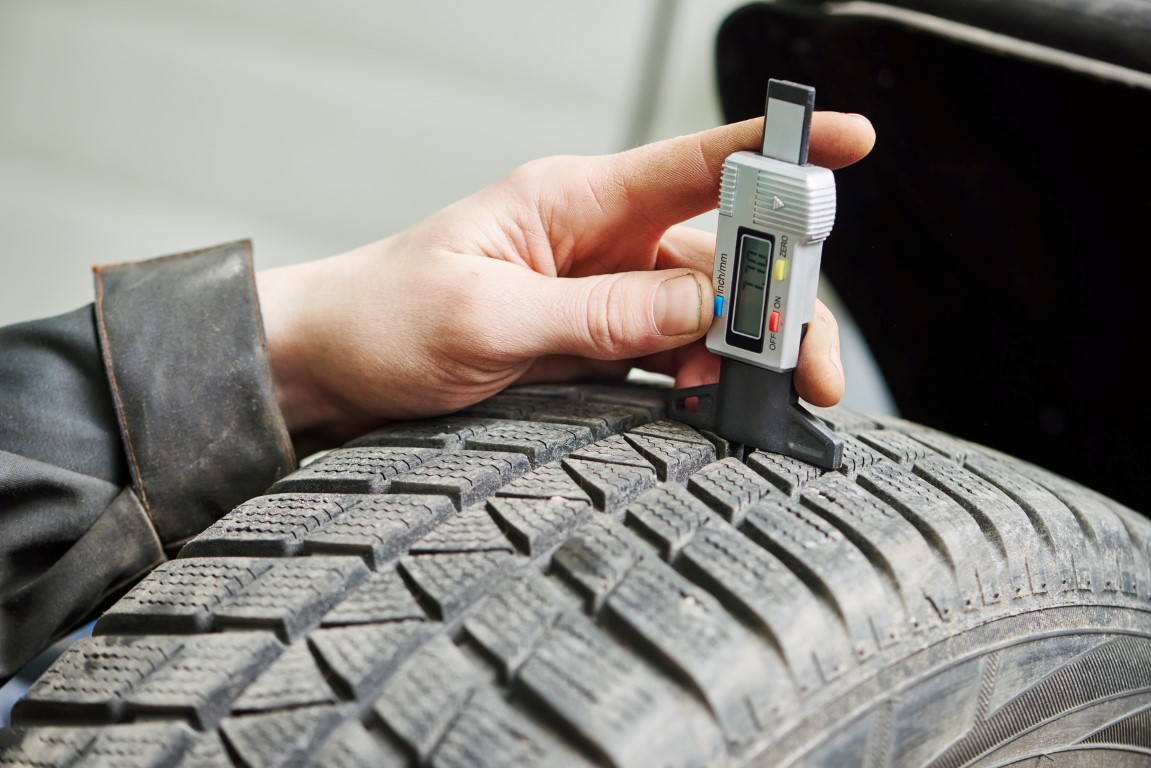
MOT – What is it?
If you have a vehicle which is more than three years old, you are legally required to make sure it remains in roadworthy condition, as set out by the Driver and Vehicle Standards Agency (DVSA). The Ministry of Transport test, commonly referred to as an MOT, is an annual check, carried out in order to assess whether a vehicle meets the minimum safety and environmental standards. The testing process itself involves checks in and around the vehicle, including the interior, exterior and underneath the bonnet, but differs from a full car service, as it does not focus on the general mechanical condition of a vehicle.
What will be checked in the MOT?
The exact procedure and duration of a test may vary, depending on the condition of the vehicle and whether or not repairs are necessary. Nevertheless, standard MOT testing will include inspection of the following:
- Steering, brakes and suspension
- Lights, mirrors and doors
- Windscreen, windscreen wipers and washer bottles
- Seats and seatbelts
- Wheels and tyres
- Emission levels and fuel system
- Vehicle Identification Number and registration plate


What will be checked in the MOT?
The exact procedure and duration of a test may vary, depending on the condition of the vehicle and whether or not repairs are necessary. Nevertheless, standard MOT testing will include inspection of the following:
- Steering, brakes and suspension
- Lights, mirrors and doors
- Windscreen, windscreen wipers and washer bottles
- Seats and seatbelts
- Wheels and tyres
- Emission levels and fuel system
- Vehicle Identification Number and registration plate

Rules and regulations
Assuming your vehicle is more than three years old, you are legally required to have a valid Ministry of Transport test certificate and this must be renewed each year. It is the responsibility of individual drivers to ensure that their vehicle is assessed every 12 months, and without a valid, up-to-date certificate, you will be unable to lawfully drive your car on public roads, or renew your road tax.
If your vehicle passes, you will be allocated a VT20 ‘pass’ certificate and it will be eligible for use on UK roads for 12 months. If the vehicle fails, a VT30 ‘failure’ certificate will be issued and the vehicle will not be eligible for use until repairs are made and a test is passed. Driving without a valid VT20 ‘pass’ certificate may result in a significant fine.
Moreover, the nominated tester may provide you with a list of ‘advisory’ items on your car, even if it passes. Essentially, these are parts of the vehicle which caused concern and may require attention in the near future.
If you need a re-test, this will be free if the vehicle is returned within 10 days.






